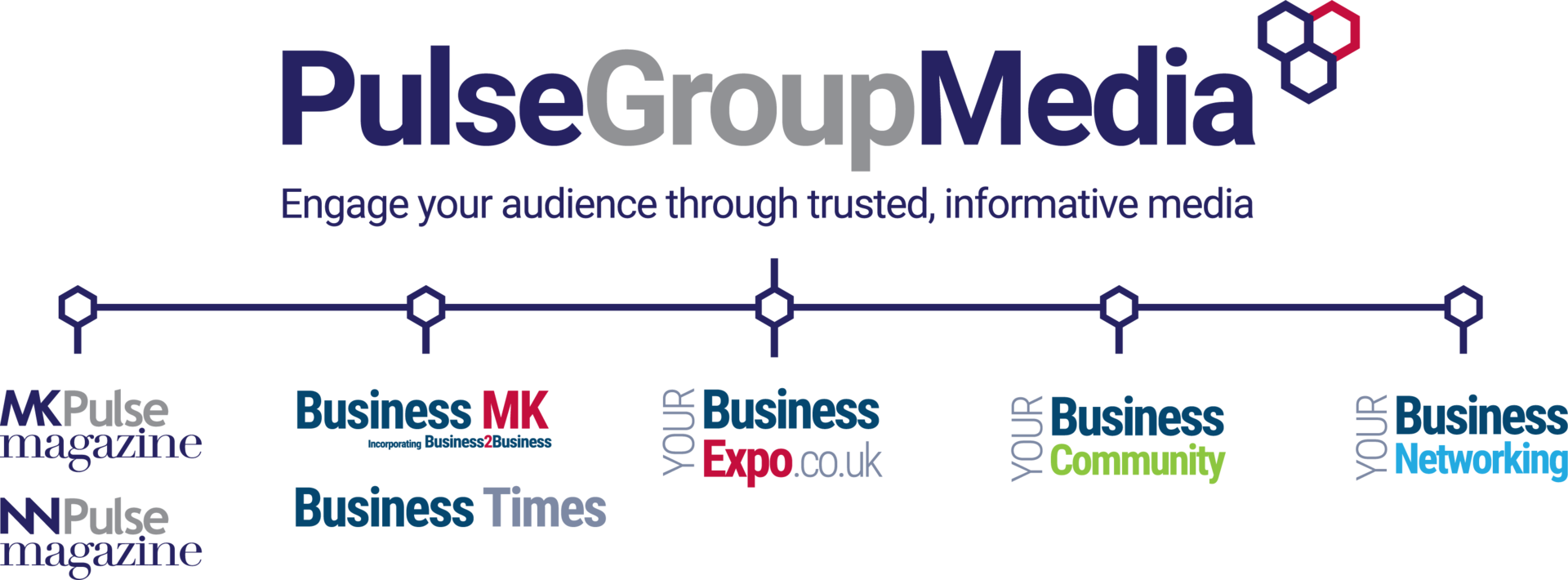Will artificial intelligence affect your business?
Posted on 16th February 2023
Since November last year ChatGPT has been causing quite a stir, so we thought it was worth exploring how artificial intelligence might affect small businesses.
On the face of it, a new artificial intelligence (AI) chatbot isn’t really a game changer. Chatbots have been around for longer than you might think. The Massachusetts Institute of Technology (MIT) started exploring how to mimic human behaviour using computer science back in the 1960s. The term ‘chatterbot’ has been around since the mid-1990s.
The ‘GPT’ part refers to a language model (Generative Pre-training Transformer) designed to produce human-like text conversations using natural language. This means it could be useful for business purposes like automated responses to customer enquiries.
How businesses can use AI
Chatbots like ChatGPT can support how we work by automating repetitive tasks but still giving the impression of human interactions.
This might include research, which has already raised concerns about students finding easier ways to complete their assignments. One question will be whether the answers are correct. As we know, just because information is online doesn’t necessarily mean it’s valid.
Answers to some well-phrased questions could also be useful for businesses that want a fast way to generate marketing content. However, it’s likely to take a lot of trial and error to ask the right questions. The results will still need to be turned into engaging content for your audience.
Collecting interesting responses to innovative questions might produce some creative results. This could include generating computer code, but of course it will still need to be tested.
Automating standard parts of your sales process could save time. AI could work well if you need answers to basic questions before you can handle enquiries. With some investment in your product information management, you could automate all of your spare parts ordering, for example.
Product troubleshooting could also be a time saver. You could rule out common problems and their solutions before your support team needs to get involved.
Streamlining the process of welcoming new customers could also be a valuable addition. AI could guide them through online registration, setting up an app, and creating a list of commonly bought products.
Businesses can use AI and machine learning (ML) to create helpful responses quickly. Answers to new questions can be shared and added to the library, almost in real time. This could help to reduce waiting times for customers or to offer more cost-effective around the clock support.
Research has shown that more than one third of customers want to see more companies using chatbots. Almost half don’t mind responses coming from automated chatbots rather than human beings as long as queries are resolved quickly.
Possible risks of AI
AI offers plenty of time- and cost-saving opportunities for businesses. However, even the creators of ChatGPT, OpenAI, accept there are limitations.
Incorrect or biased information is an obvious risk. It’s also important for AI to continue learning to provide useful responses in the long term.
Just like any computer system, as AI spreads, it is likely to become attractive to cybercriminals. This could represent security risks for us all.
Automation could replace jobs, but it could also allow people to spend their time on more interesting and useful tasks.
Overall, AI tools like ChatGPT can improve efficiency and productivity if used imaginatively. We can expect the technology to evolve and improve. It will be worth observing whether AI-enabled answers to questions online will change how we search for things in future.
Meanwhile, talk to our friendly human team about advertising in NN and MK Pulse magazines, Business Times and Business MK. Please get in touch.
Share this post:






